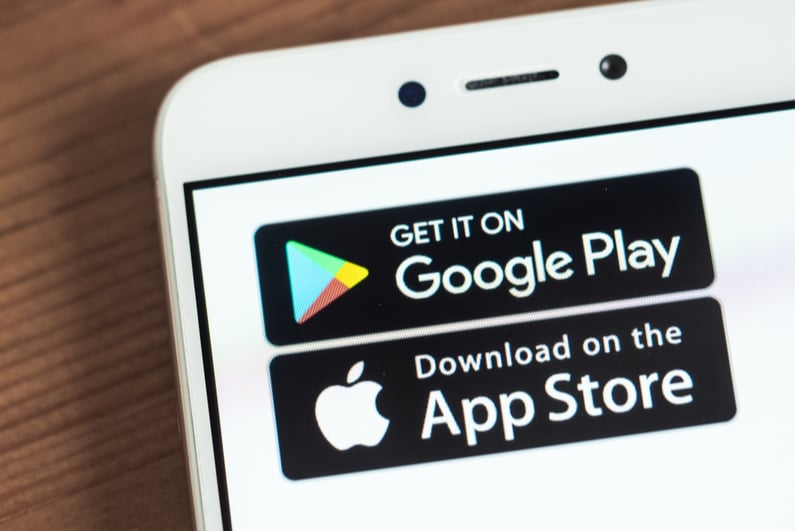Numerous cases
Apple and Google are facing federal lawsuits regarding free-to-play gambling apps available in Alabama, while a woman in Connecticut is suing Apple over similar types of games that cost her thousands of dollars.
The same lawyer filed both Alabama lawsuits on October 21 in the Northern District Federal Court on behalf of two Shelby County residents.
free-to-play games that initially gave players free “coins” to start playing
Both plaintiffs downloaded free-to-play apps that initially gave players free “coins” to start playing games like blackjack, slots, roulette, bingo, and poker. When the player runs out of these free coins, they have the option to use real money to purchase additional coins, which is what the two residents did.
In the Connecticut case, the plaintiff claimed that she lost thousands of dollars by playing games on free-to-play apps that she downloaded from the Apple App Store. She bought in-game currency with real money in order to keep playing. This lawsuit was filed in the US District Court in Connecticut on October 22.
Alabama cases
Gambling laws in Alabama are very strict, with no allowance for any form of online gambling. The two lawsuits outline that 200 games on both the Google Play Store and the Apple App Store offer casino-style gambling.
The lawsuits claim that these types of games are illegal per state law because the act of paying real money to increase playing time is a form of illegal gambling.
Maria Valencia-Torres, the plaintiff named in the Google lawsuit, claims that she lost over $165 playing Slotmania for more than six months. Teresa Larsen, the Apple lawsuit plaintiff, says that she spent over $250 on Goldfish Casino Slots and Jackpot Party over a six-month period.
both Google and Apple have the ability to easily geo-restrict the games
The two lawsuits that are seeking class-action status also explain that both Google and Apple have the ability to easily geo-restrict the games to states where this form of gambling is legal. Both plaintiffs are seeking a return of all “money paid through the illegal gambling games,” in addition to a reasonable sum of money for bringing these issues in front of the court.
Apple lawsuit in Connecticut
According to the lawsuit in Connecticut, Apple is promoting, enabling, and profiting from the different types of gambling games it offers through the App Store. In total, plaintiff Karen Workman claims that she spent approximately $3,312.19 across numerous “gambling apps” in the six months before she filed the lawsuit.
The legal action claims that these types of apps should be in the “gambling” category because players “can win and therefore acquire more playing time” by purchasing coins with real currency. Currently, such gambling apps are in violation of Connecticut state laws.
Workman is seeking a refund of the money she lost using the apps, attorney fees, and a reward for her “services in this case on behalf of the class.”
Recent relevant case
Legal action against free-to-play casino games is not something new. Casino game developer Big Fish Games was recently ordered by a federal judge to payout $155m to in-app purchasers as a class-action settlement.
The main difference with these latest lawsuits is that the defendants are the platform providers, rather than the game developers. Both Google and Apple get a significant revenue share from apps on their respective platforms. Due to the availability of the free-to-play casino apps, plaintiffs claim that both of these tech giants are profiting from illegal gambling.




